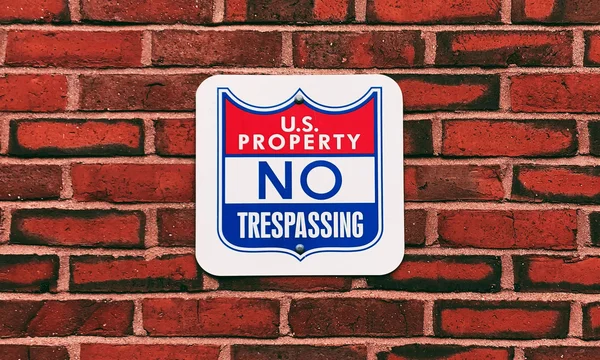Parties in Delaware can generally freely stipulate to many things that don't directly impact the Court, including common things like schedule adjustments, authenticity of documents, protective orders, and ESI procedures—as long as you stay away from trouble spots like increasing page limits or dates for dispositive motions or trial. But every once in a while a stipulation is denied, and it's always interesting when and why that happens.
Last month, the parties in ImmerVision, Inc. v. LG Electronics U.S.A., Inc., 18-1630-MN-CJB (D. Del.) filed a stipulation staying the action pending the outcome of objections to the magistrate judge's claim construction R&R. They noted that, if the R&R is adopted, plaintiff would stipulate to non-infringement and the …





